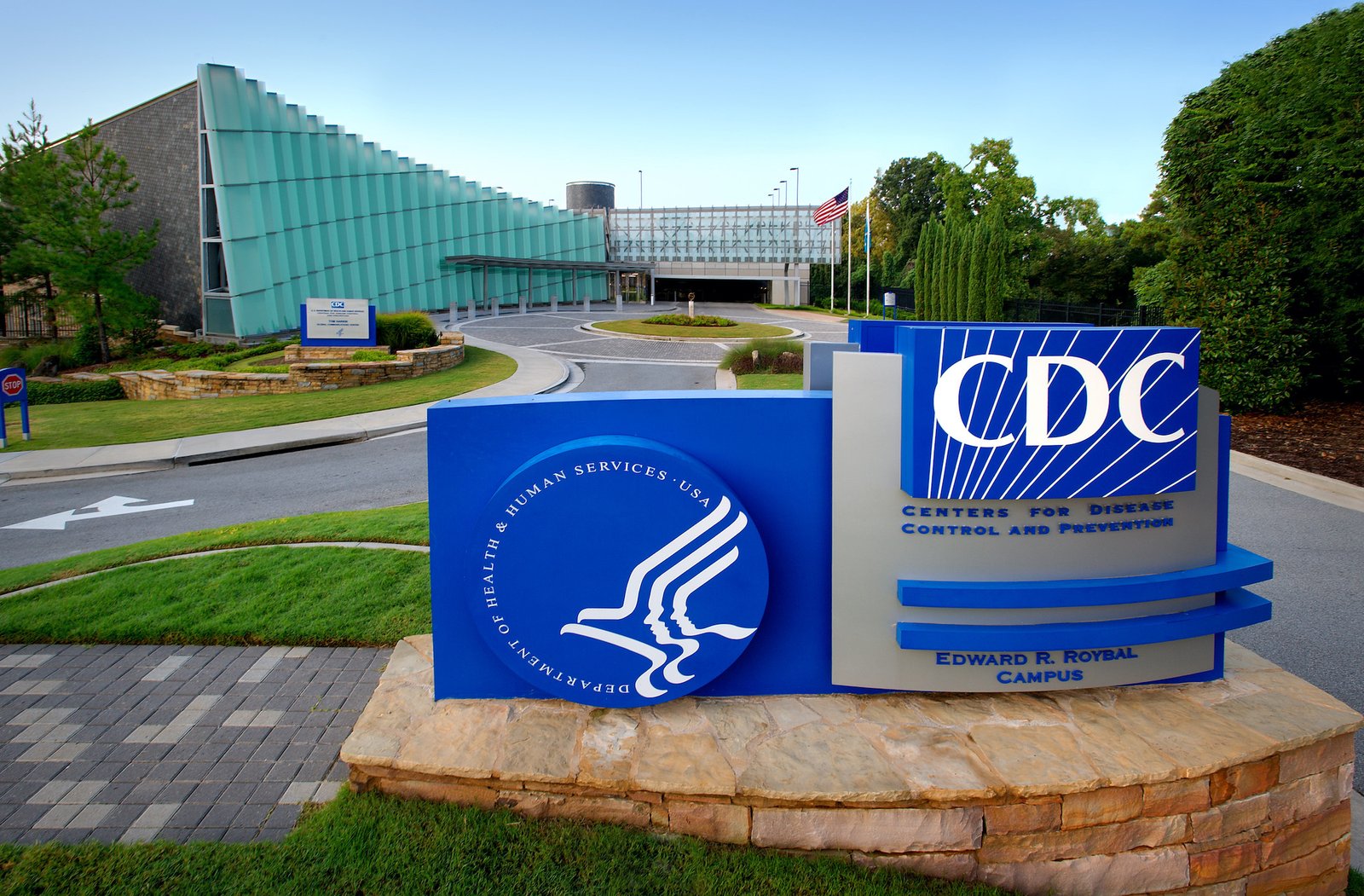The recent closure of the CDC’s STD Laboratory Reference and Research Branch has sparked significant concern among public health experts, coinciding with a dramatic increase in syphilis cases across the United States. Notably, Wisconsin has experienced a 1,450% rise in congenital syphilis cases since 2019, highlighting the critical need for robust STI surveillance and prevention infrastructure.
The lab, previously the sole U.S. facility equipped for PCR testing of syphilis, played a vital role in diagnosing and monitoring sexually transmitted infections, including antimicrobial-resistant strains of gonorrhea. Its closure, resulting from broader budget cuts within the Department of Health and Human Services, has eliminated 28 specialized positions and disrupted essential disease surveillance activities.
Health officials warn that dismantling this critical infrastructure could reverse progress in STI prevention and hinder the nation’s ability to manage increasing infections. The loss of the lab’s capabilities, including its repository of 50,000 Neisseria gonorrhoeae isolates, poses a significant setback for developing diagnostic tools and new treatments.
The surge in syphilis cases, particularly congenital syphilis, underscores the importance of maintaining comprehensive STI prevention programs. In Wisconsin, the number of congenital syphilis cases increased from two in 2019 to 31 in 2024, with over 50% of affected newborns identified as Black, reflecting persistent racial and ethnic disparities in healthcare access.
Public health leaders emphasize the need for sustained investment in STI research and prevention efforts to address the growing epidemic and protect vulnerable populations.











